The workshops will be held on May 30–31, bringing together a group of Latinx designers, as well as allies, to reflect and define a shared identity through conversations. The project is structured as a 2-day workshop, consisting of one day of panel discussions, and a second day for social-gathering and community-building. Discussion panels will explore topics helping to identify, organize, solidify, and advocate for this underrepresented group.
The panel discussions will be centered around identity, allyship, belonging, and mentorship. Workshop participants will chart the foundations for a new Latinx advocacy and solidarity community group.
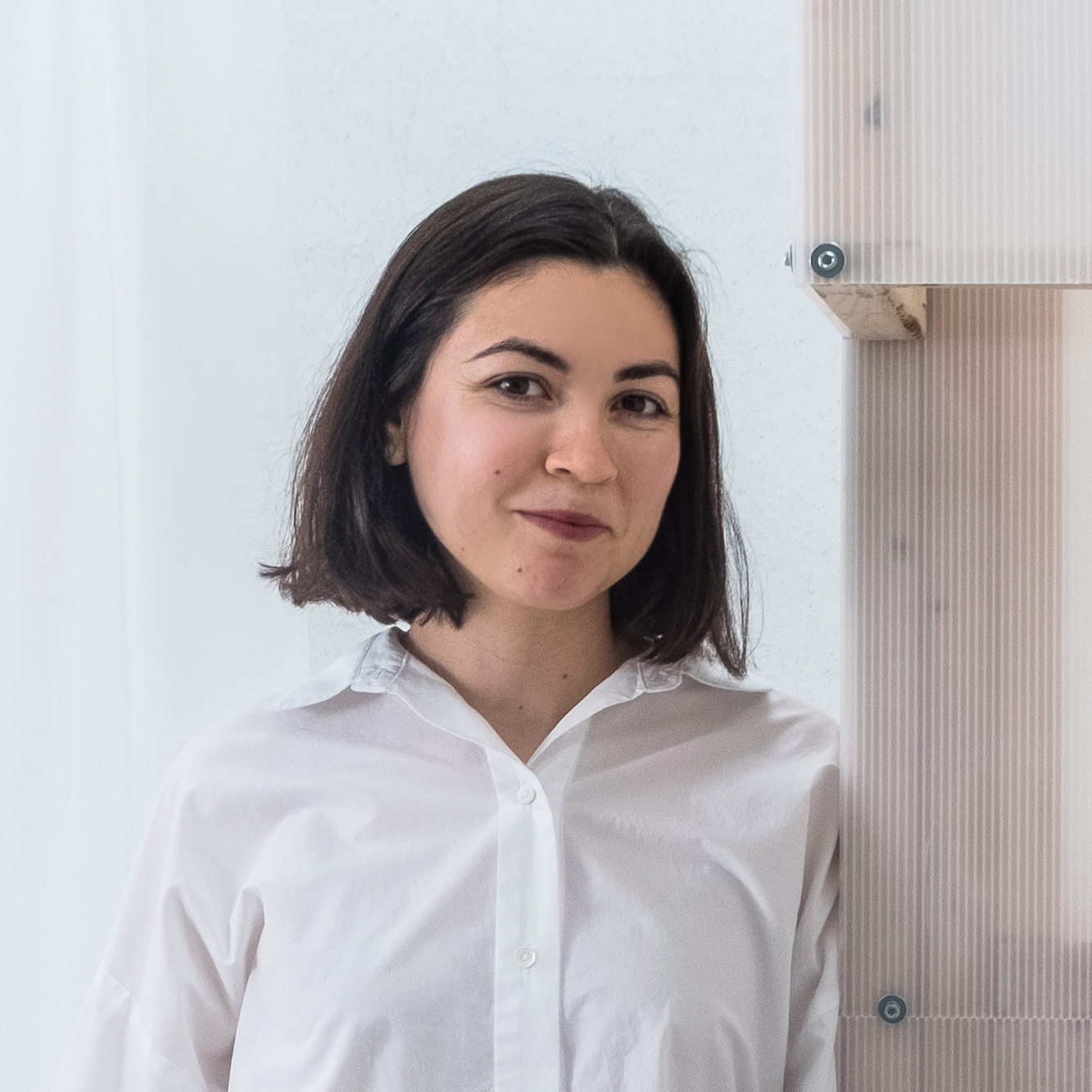
Liz Gálvez (co-organizer)
Liz Gálvez (she/her/ella) is Mexican-American. She is a registered architect, educator, and director of Office e.g. She received an MArch from Massachusetts Institute of Technology (MIT) with a concentration in history, theory, and criticism of architecture and a bachelor’s degree in architectural and philosophical studies from Arizona State University. Her work focuses on the interface between architecture and environmentalism through an examination of building technologies. She is co-organizer of Latinx Coalition Chats. Gálvez has taught at Yale School of Architecture, the Rice School of Architecture, and at the University of Michigan, where she was the 2018–19 William Muschenheim Fellow. Her writing has been published in Thresholds, Footprint, Pidgin, Plat, and Pool. Her work has been exhibited at MIT, the Hohensalzburg Fortress in Austria, the University of Michigan, the Space p11 Gallery in Chicago, the Farish Gallery at Rice University, and at the University of Virginia. Recently, she was awarded the 2021 Architectural League Prize and the 2022 SOM Foundation Research Prize.
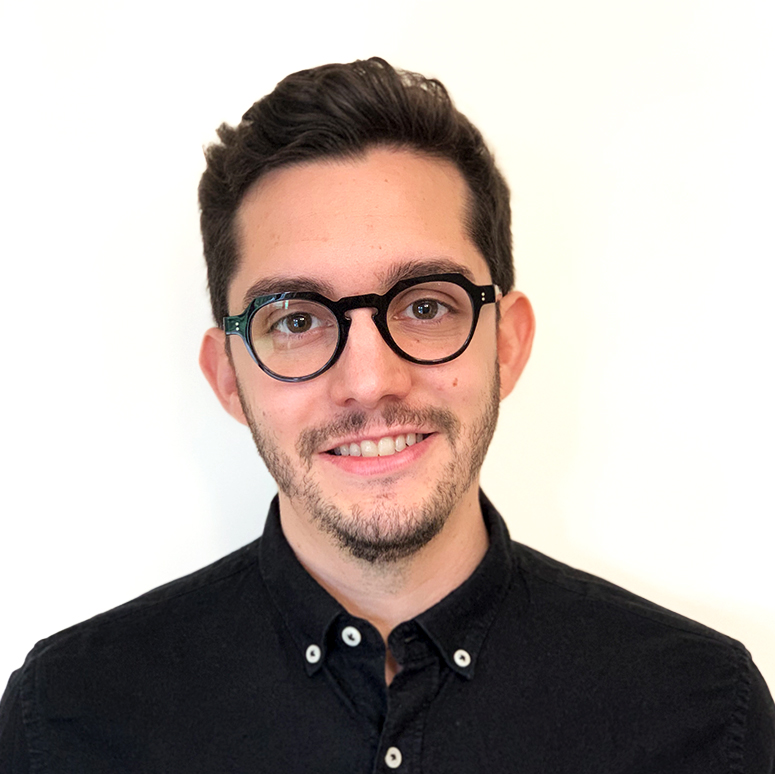
José Ibarra (co-organizer)
José Ibarra (he/him/él) is a Venezuelan designer, researcher, and educator whose interdisciplinary work focuses on the intersection of architecture and environmental uncertainty. He is assistant professor of architecture at the University of Colorado Denver, founder of Studio José Ibarra, and cofounder of House Operations and AWP. Currently, he serves as chair of the 2023–2024 ACSA Research & Scholarship Committee. Ibarra's work deals with architectural processes, time, and geoempathy. His recent projects and writing investigate cross-species collaborations across different temporal scales, ultimately proposing design tactics for environmental remediation and justice. Together with Caroline O’Donnell, he coedited the book, Werewolf: The Architecture of Lunacy, Shapeshifting, and Material Metamorphosis (AR+D, 2022). He is the curator of Table Manners, a series of academically engaging events that prioritizes bringing people together in unexpected ways. Most recently, he was awarded the 2022 ACSA/AIAS New Faculty Teaching Award, the 2024 ACSA/AIA Housing Design Award, and a 2023 Graham Foundation grant.
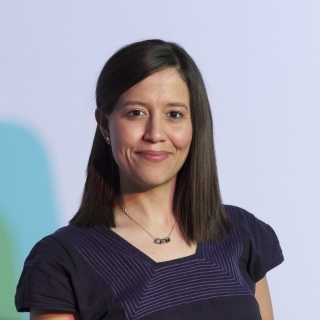
Paola Aguirre Serrano
Paola Aguirre Serrano (she/her/ella) is a native from the Mexico-U.S. region, urban designer and partner at BORDERLESS since 2016. Paola has been trained as an architect and urban designer, and her professional experience includes working with government, universities and architecture/urban design offices both in Mexico and the United States. Paola is an active civic design steward. She has served as Commissioner of Chicago Landmarks and the Cultural Advisory Council of the City of Chicago, and currently serves in the Scholarly Advisory Committee for the Smithsonian's National Museum of the American Latino. Paola received a B. of Architecture from the Institute Superior de Arquitectura y Diseño de Chihuahua, and M. of Architecture in Urban Design from the Harvard School of Design.
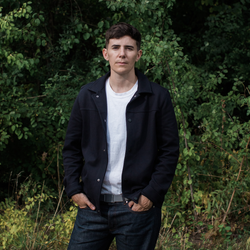
Xavi L. Aguirre
Xavi L. Aguirre (they/them) is an architectural designer and principal of stock-a-studio. They are Assistant Professor of Architecture at the Massachusetts Institute of Technology and Founder/Director of Mixed Matters XR Lab. With equal interests in the entertainment and the utilitarian realms, they create digital/physical cultural productions, develop material techniques and assemble architectures that consider our relationship to circular resources, aesthetics and supply systems. Projects include: a solar powered mobile XR kiosk, a used furniture rescue project, an arts gathering hub in Berlin and they are the designer behind someparts: a line of perpetually reassemble-able architectural kits.
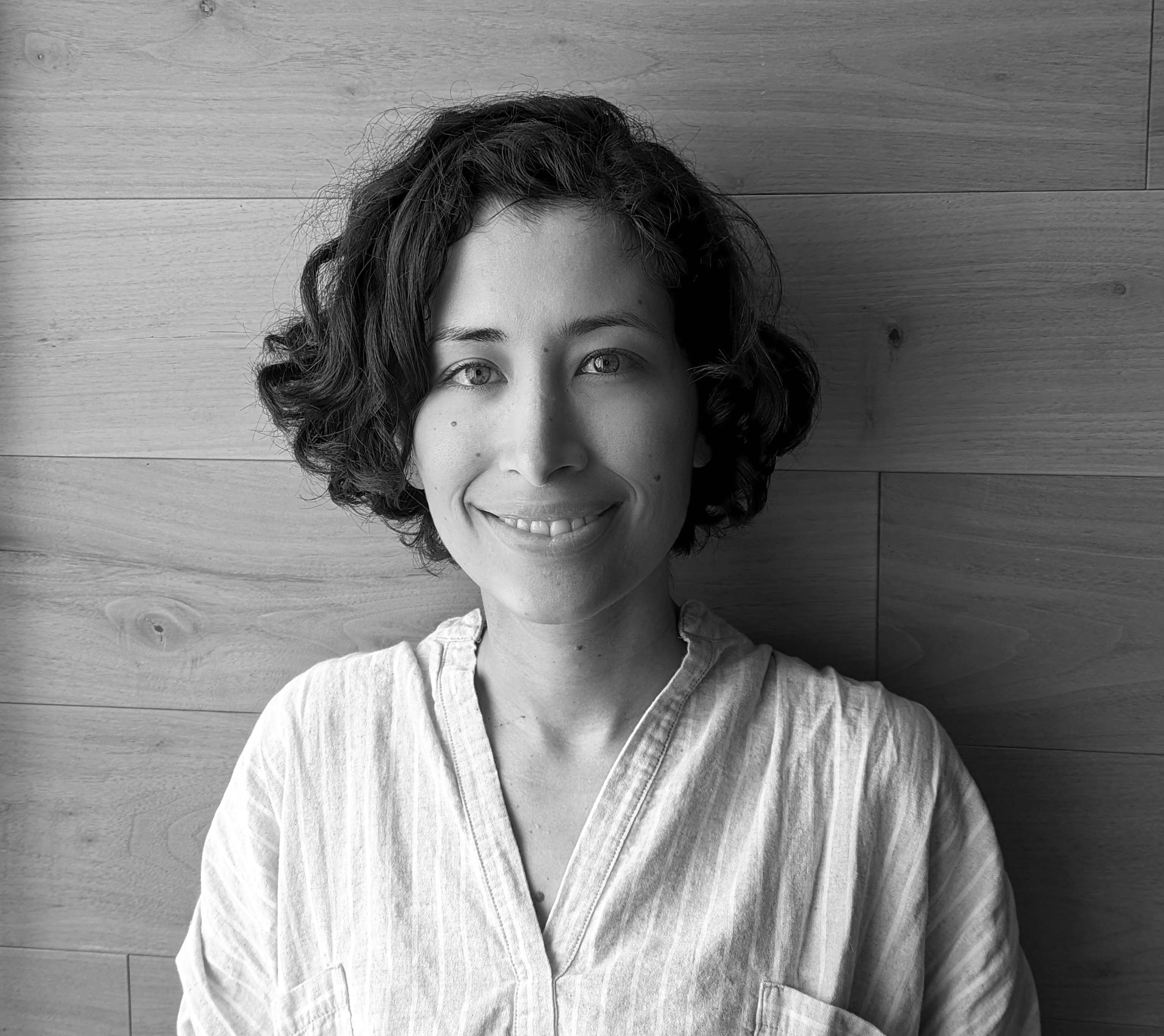
Sarah Bolívar
Sarah Bolivar, PLA (she/her) is an Assistant Professor of Landscape Architecture at the University of Tennessee. Her research explores how individual and collective actions can support migrating plants and wildlife, and by extension, the palpable and cultural meaning they hold in people’s lives. Building on coastal resilience research in Japan and Washington state, watershed restoration with local government in Bellingham, WA, and riverfront design and masterplanning projects with AECOM, Sarah’s work weaves the indelible impact and power of water alongside the potential of animal and plant communities to thrive. From submerged grounds to high elevation regions across the Americas, Sarah’s work aims to capture how designing for vulnerable plant and wildlife populations can both address biodiversity threats and affirm human quality of life. Her process emphasizes storytelling (visual, written, and oral) as a tool for building participatory and immersive environments whereby the public imagination can conceive more porous, hybrid, and resilient landscapes.
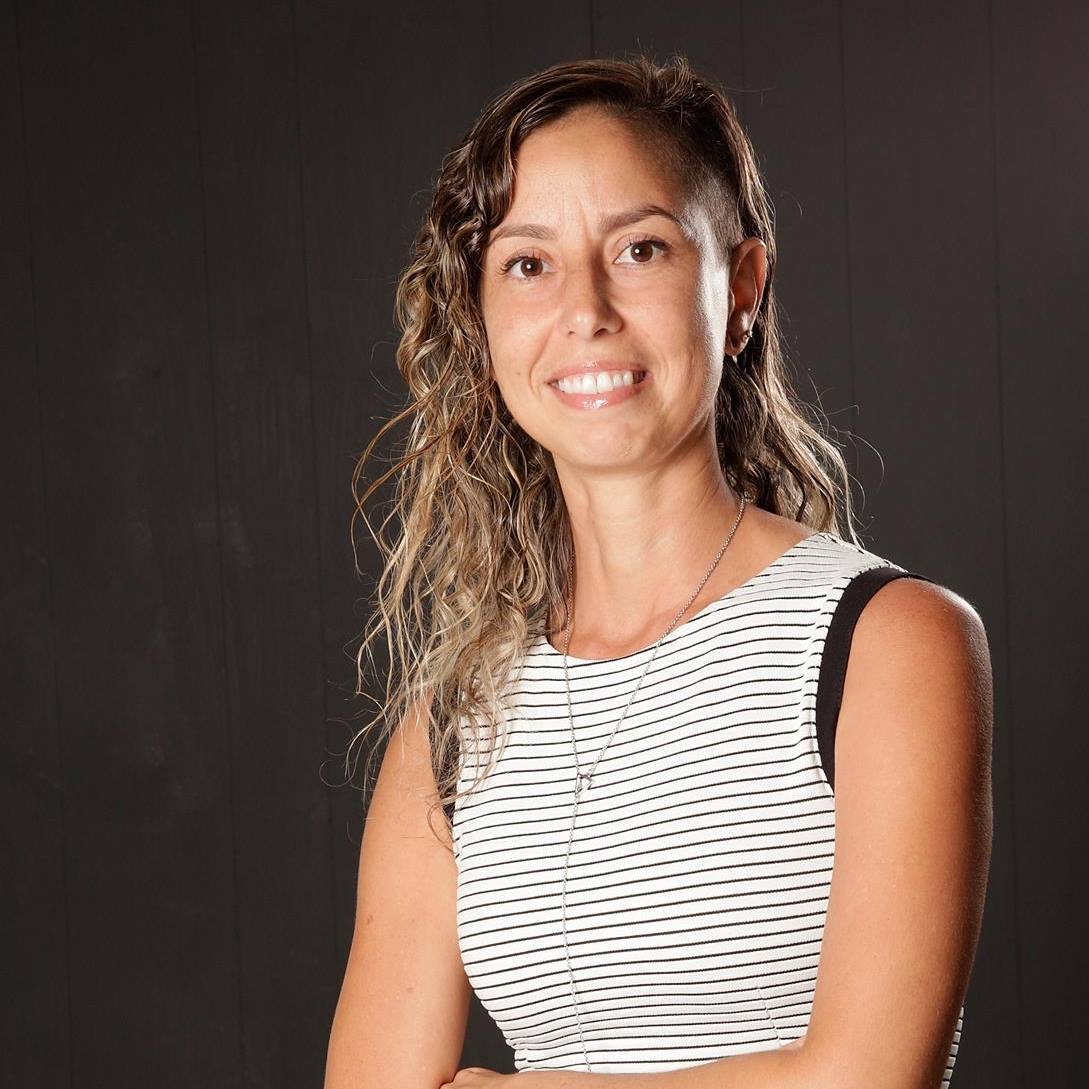
Yazmín M. Crespo Claudio
Yazmín M. Crespo Claudio (she/ella) is a Puerto Rican architect, researcher, educator, and historian. Her work explores architectural and cultural counter-narratives in Latin America and the Caribbean, focusing on the relationship between architecture, education, media, and territory. She is the co-founder/director of taller Creando Sin Encargos (2012-) and an Assistant Professor of Architecture at the University of Illinois. Previously, she was a Lecturer at Harvard GSD and was an American Association of University Women Fellow. She also served as Chair and Assistant Professor of the Department of Architecture at Universidad Ana G. Méndez in Puerto Rico. With over twenty years of experience in the US, Spain, and Puerto Rico, her work has been widely published and exhibited, including at the 13th International Architecture Biennale of São Paulo. Yazmín holds a Ph.D. in Architecture, Landscape Architecture, and Urban Planning in History and Theory and an MDes from Harvard; a Master’s and a Bachelor’s of Architecture from Cornell; and a Bachelor’s in Environmental Design from the University of Puerto Rico.
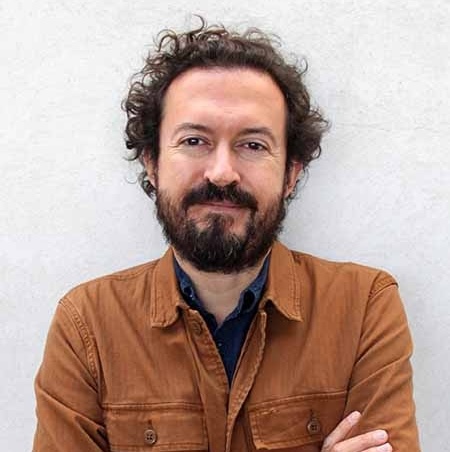
Gabriel Díaz Montemayor
Gabriel Díaz Montemayor, ASLA (he/him/his) is an Assistant Dean for Diversity, Equity, and Inclusion and Associate Professor of Landscape Architecture at the Fay Jones School of Architecture and Design at the University of Arkansas at Fayetteville, where he joined the faculty in the fall semester of 2019. Previously, he was a faculty member at the School of Architecture at The University of Texas at Austin and at The Design School of Arizona State University in Tempe. While an MLA student, Gabriel also taught courses at the College of Architecture Design and Construction of Auburn University. Gabriel was an architecture design studio and thesis professor at ISAD in Chihuahua, Mexico, and was a visiting professor at the New School of Architecture of the Polytechnic University of Puerto Rico at San Juan. Gabriel has guest taught at Monterrey Tech Chihuahua and Hermosillo, UDEM and UANL in Monterrey, ESARQ in Guadalajara, Universidad San Francisco de Quito, Marista University of Merida, and ISTHMUS Panamá.
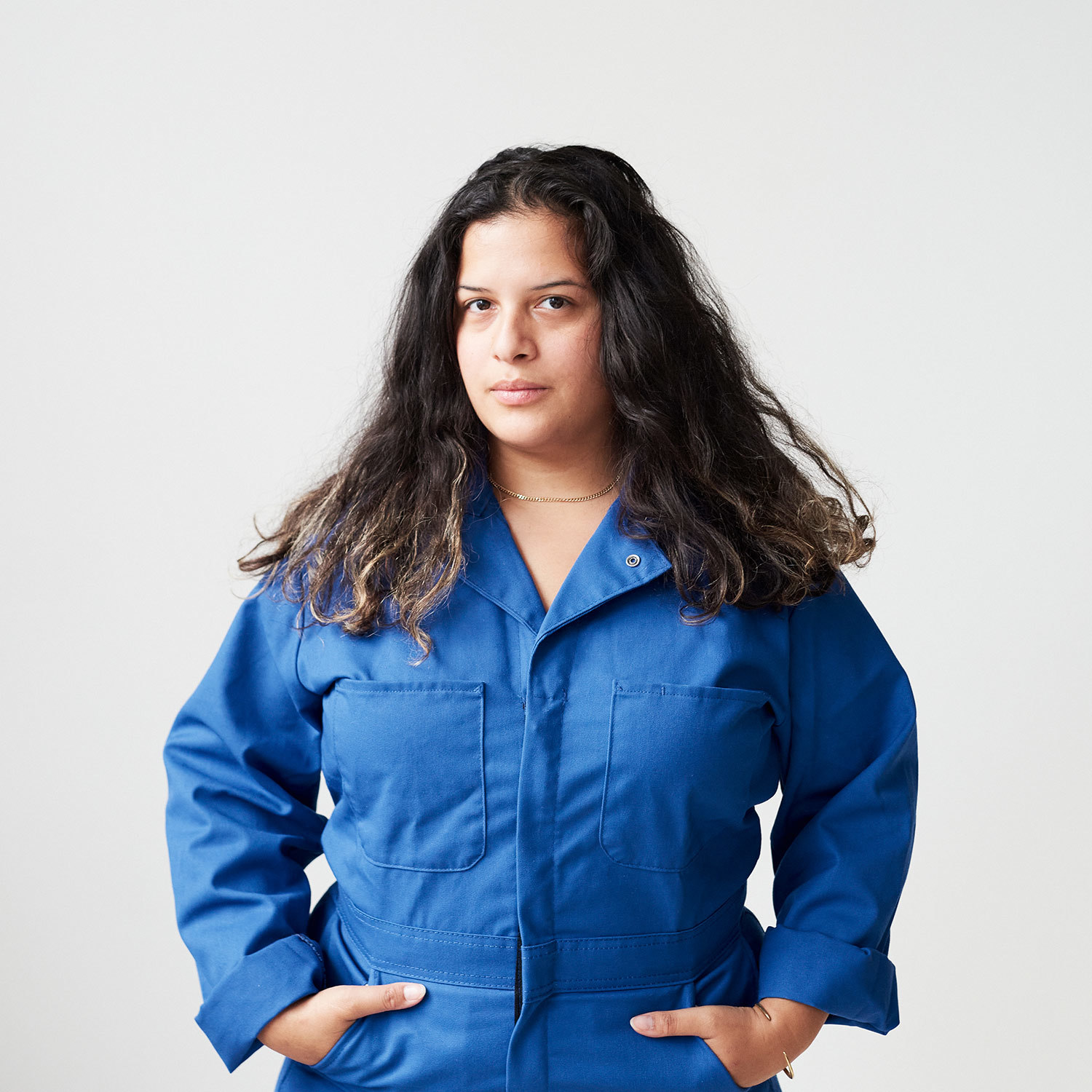
Deborah Garcia
Deborah Garcia is a designer, writer, and curator. She holds a Masters of Architecture from Princeton University and a Bachelors of Architecture from the Southern California Institute of Architecture. She was a recipient of the Princeton University Butler Travelling Fellowship which took her to the corporate agricultural complex of the United States heartland where she was a resident at ARTFarm Nebraska, and was an invited participant for the 2019 Arctic Circle Expedition in the international territory of Svalbard, Norway. She was a co-curator of THE DRAWING SHOW at the A+D Architecture and Design Museum in 2017 and curator of One Night Stand for Art and Architecture-LA in 2016. She was the Belluschi Fellow at the MIT Department of Architecture and is currently Critic at the Yale University School of Architecture.
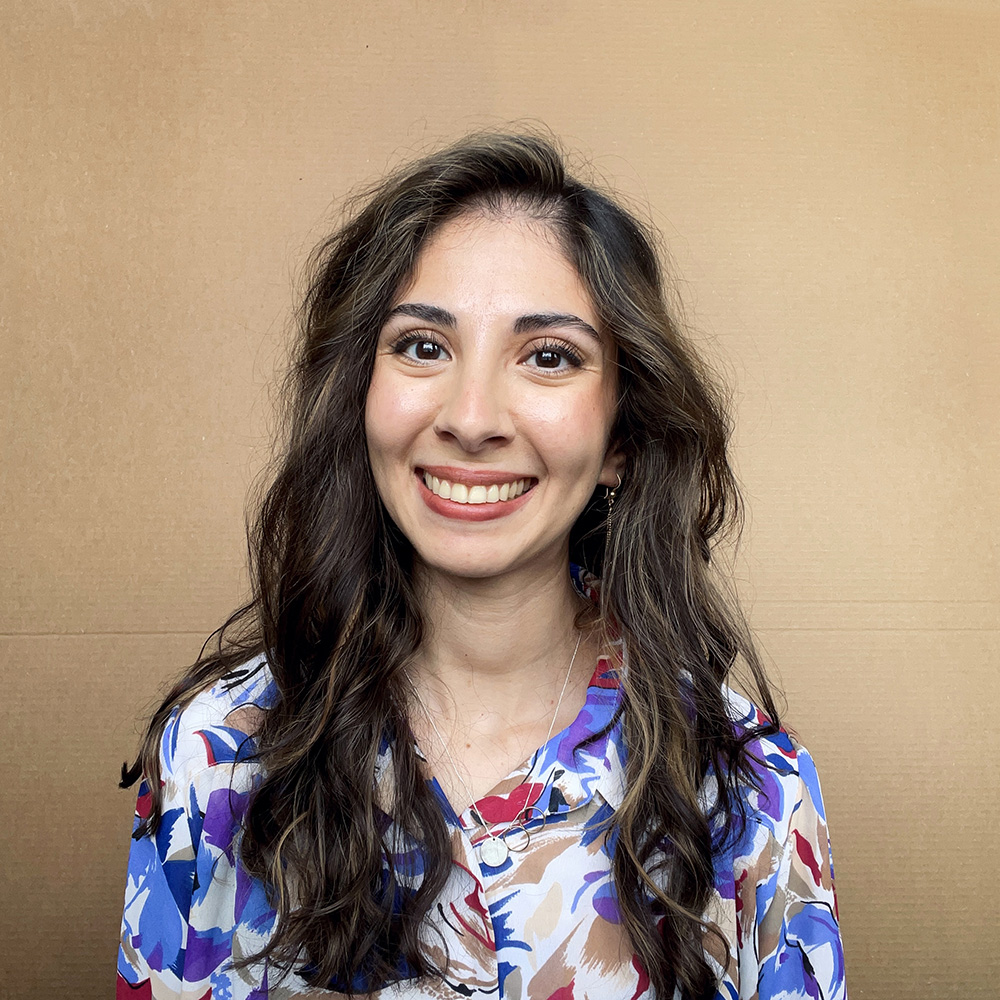
Leen Katrib
Leen Katrib is an architectural designer and Assistant Professor of Architecture at the University of Kentucky, where she currently teaches in the first-year undergraduate curriculum. Her work investigates architecture’s materiality and historiography and designs new frameworks for marginalized histories and material culture. Her research has been supported by an upcoming Art Omi Architecture Residency (2024), MacDowell / National Endowment for the Arts Fellowship (2022), Harry der Boghosian Fellowship (2021-22), Paul and Daisy Soros Fellowship (2016-18), Howard Crosby Butler Travel Grant (2017), William and Neoma Timme Travel Grant (2014), and George H. Mayr Travel Grant (2013). Her work has been published in Future Anterior, Pidgin, Room One Thousand, and Bracket, and has been exhibited at Lexington Art League’s Loudoun House, Syracuse University, Seoul Biennale of Architecture and Urbanism in South Korea, Van Der Plas Gallery in New York City, and the A+D Museum in Los Angeles.
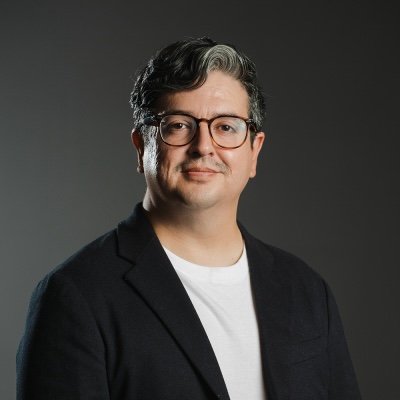
César A. Lopez
César A. Lopez is a first-generation Mexican-American architectural designer, researcher, and educator. He draws from his life in the Mexico-United States Border Region as critical knowledge to explore the entanglements between architecture, territory, and the politics that dictate them. He is a first-generation college graduate and an Assistant Professor of Architecture at the University of New Mexico, School of Architecture + Planning (UNM SA+P). He teaches core and research-based design studios, visualization courses, and seminars on the politics of representation. In 2023, César was awarded the Arnold W. Brunner/Frances Barker Tracy/Katherine Edwards Gordon Rome Prize in Architecture by the American Academy in Rome.
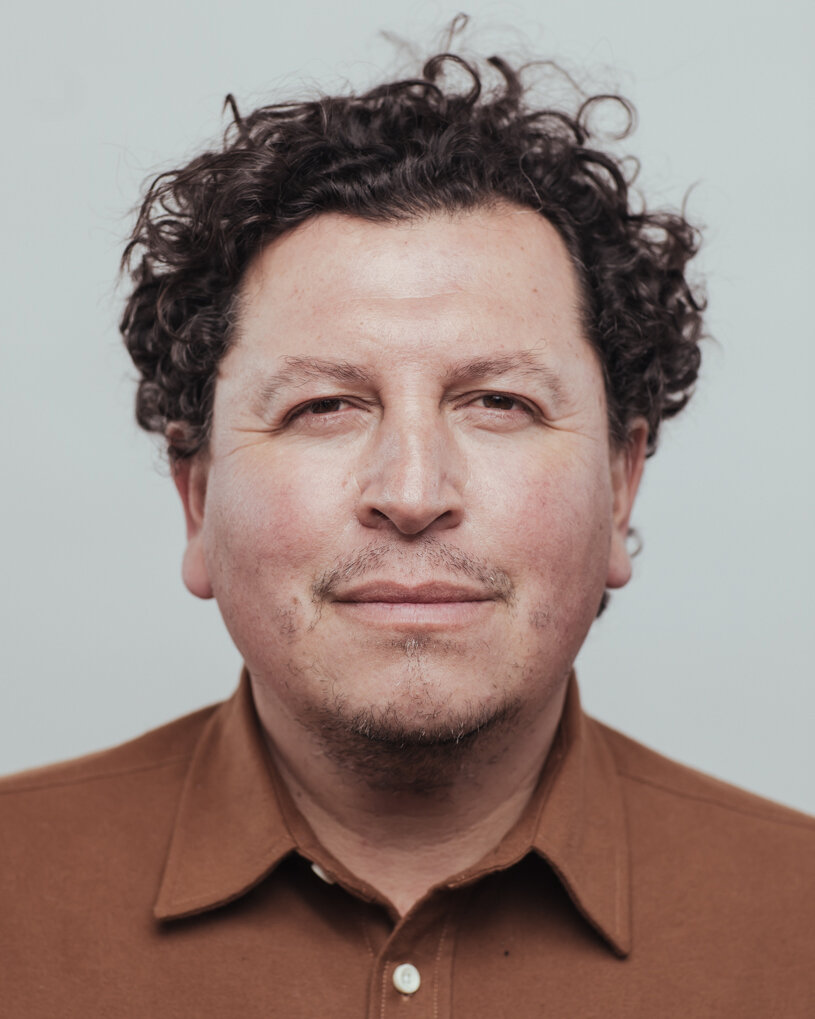
Ronald Rael
Ronald Rael (he/him/él) is a designer, architectural researcher, author, entrepreneur, and thought leader in the fields of additive manufacturing and earthen architecture. He is the author of Borderwall as Architecture: A Manifesto for the U.S.-Mexico Boundary (University of California Press 2017), an illustrated biography and protest of the wall dividing the U.S. from Mexico (featured in a TED talk by Rael), and Earth Architecture (Princeton Architectural Press, 2008), a history of building with earth in the modern era. Rael San Fratello, the studio he co-founded with architect Virginia San Fratello, was named a 2014 Emerging Voice by The Architectural League of New York—one of the most coveted awards in North American architecture. Most recently, Rael San Fratello has installed “Teetertotter Wall,” three pink see-saws on the US-Mexico border, named 2020 Design of the Year.